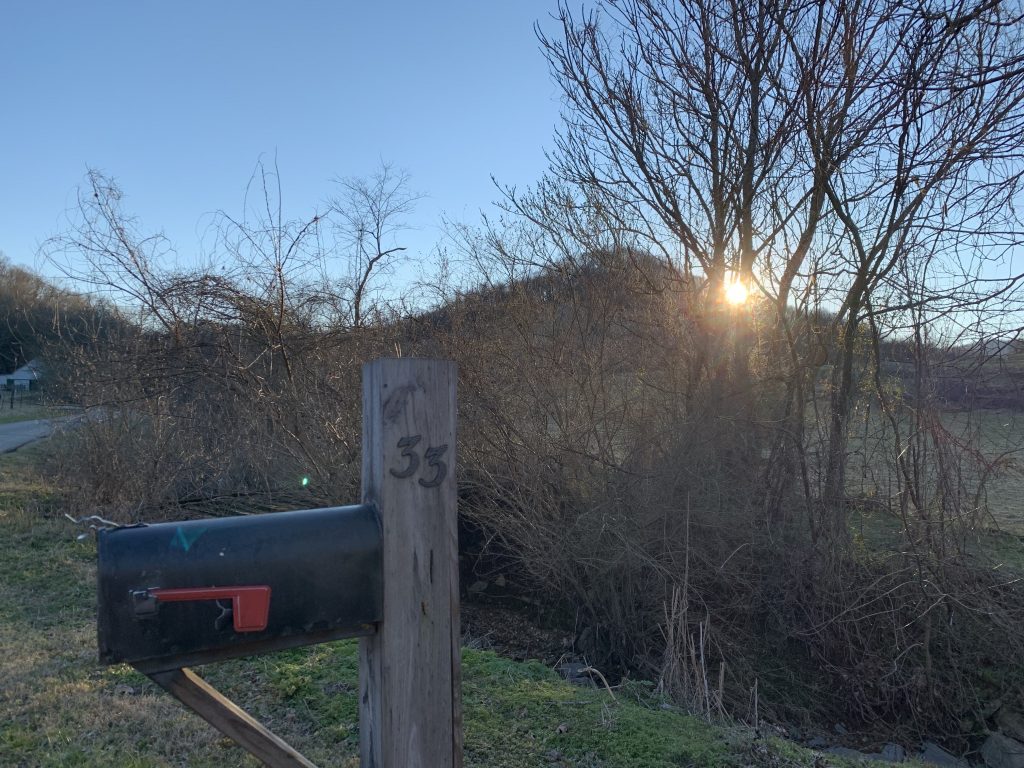“But father, what’s wrong with security? Everybody likes to be all cosy and safe.”
“Yes,” Mr. Murry said grimly. “Security is a most seductive thing.”
“Well — but I want to be secure, Father. I hate feeling insecure.”
“But you don’t love security enough so that you guide your life by it, Meg. You weren’t thinking of security when you came to rescue me with Mrs. Who, Mrs. Whatsit, and Mrs. Which.”
“But that didn’t have anything to do with me,” Meg protested. “I wasn’t being brave or anything. They just took me.”
Calvin, walking besides them with his load of wood, said, smiling warmly at Meg, “Yes, but when we got here you didn’t go around whining or asking to go home where you could be all safe and cosy. You kept yelling, where’s Father, take me to father! You never gave a thought to security.”
“Oh,” Meg said. “Oh.” She brooded for another moment. “But I still don’t see why security isn’t a good thing. Why, Father?”
“I’ve come to the conclusion,” Mr. Murry said slowly, “that it’s the greatest evil there is. Suppose your great great grandmother, and all those like her, had worried about security? They’d never have gone across the land in flimsy covered wagons. Our country has been greatest when it has been most insecure. This sick longing for security is a dangerous thing, Meg, as insidious as the strontium 90 from our nuclear explosions that worried you so about Charles Wallace when you read in science at school that it was being found in milk. You can’t see strontium 90. You can’t feel it or touch it. But it’s there. So is the panicky searching for conformity, for security. Maybe it’s because of the Black Thing, Meg. Maybe this lust for security is like a disease germ that it has let loose on our land.”
This was an excerpt from the manuscript of A Wrinkle in Time that was cut from the final book. These pages were recently found by the author’s granddaughter. The book was written in 1962 and was one I read as a child. In fact, I can still imagine my second grade school under the spell of the Black Thing that had caused a sameness, a conformity in the Madeleine L’Engle tale.
Why was the passage cut? I didn’t put the earlier part of the passage in, but it referred to communism, which could have dated the book. Personally, I don’t think it was the case at all. I think it’s because the passage was a bit too close to the truth. It doesn’t take much to see the parallels between what governments around the world are doing and these statements.

Leave a Reply